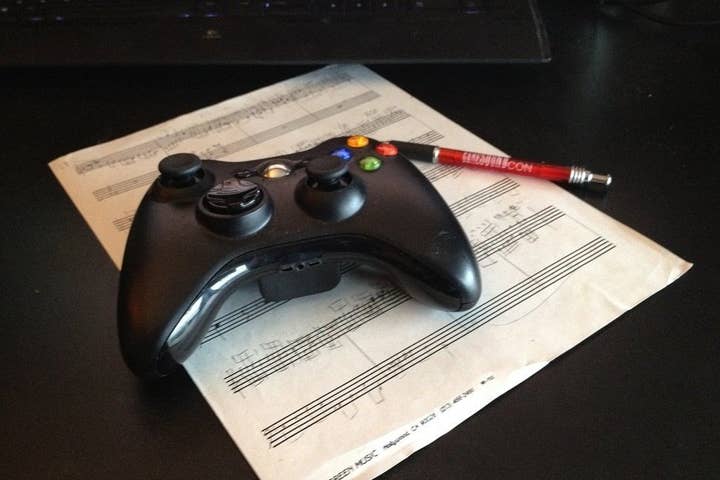Survey finds more stability in gaming audio field
2015 Game Audio Industry Survey finds a surge in respondents with full-time salaried employment as audio professionals
The game audio field has undergone a significant shift in the last year, according to a new survey. According to the 2015 Game Audio Industry Survey from the organizers of GameSoundCon, audio professionals have flocked to more stable positions in the past year.
The online survey of more than 600 respondents found that about 46 percent of audio professionals are working on a freelance or contract basis, with the same amount serving as salaried employees of a company. GameSoundCon executive director Brian Schmidt said that marked a big turnaround from 2014, when the field was 60 percent freelance/contractor and only 37 percent salaried.
"The interesting question there is whether that's indicative of a change in the nature of the industry where more companies are biting the bullet, feeling more confident, or have enough work to hire people on as full time staff," Schmidt said. "Because the trend had been for quite a while that game composers and sound designers were a very freelance-based industry. Whether that's growing departments within larger companies, or it means the smaller companies are starting to hire people on, either way it's nice for composers looking for that kind of steady job."
"From a practical perspective, if all you do is music, you are limiting the amount of potential jobs you may be eligible for in games."
Schmidt noted some other positive trends in the survey results as well. While he acknowledged the number of women in the field is still "woefully low," the 2015 survey had a slightly more diverse array of respondents, with only 93 percent of them male, down from 96 percent in 2014.
Compensation for audio professionals also shifted, with salaried employees reporting a median yearly pay up 3 percent to $65,000. On the other hand, freelancers under work-for-hire agreements saw their median project fee drop about 15 percent to $5,000.
"One thing this hits home on is that for the most part, game audio professionals are asked to perform both composition and sound design and very often some technical implementation work beyond those, too," Schmidt said. "Or more precisely, If you do music, you likely also do sound design. That's very reflective of the nature of smaller games, where 'one person does all the audio' is predominant. From a practical perspective, if all you do is music, you are limiting the amount of potential jobs you may be eligible for in games."
More detailed survey results are available on the group's website. The 2015 GameSoundCon gaming music and sound design conference is set for November 3-4 at the Millennium Biltmore Hotel in Los Angeles.

